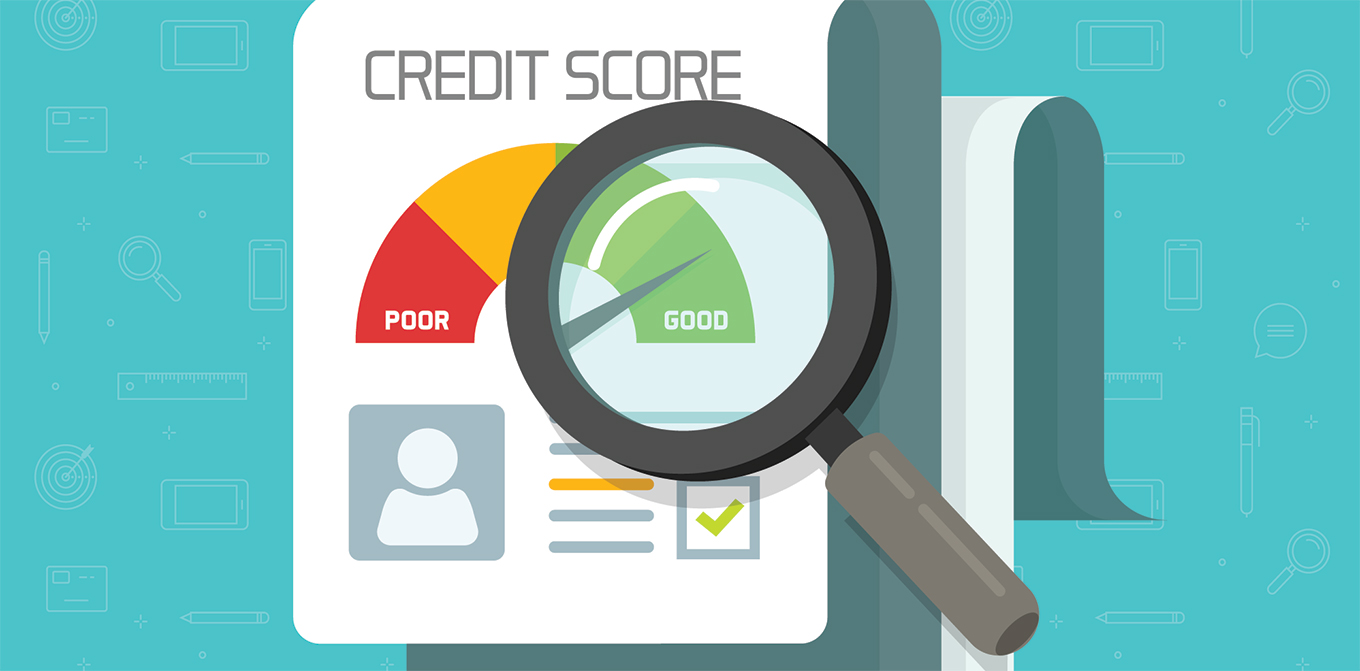5 money habits to create this year
If your future financial goals include items such as traveling, growing your emergency savings, paying off your student loans, or buying a home, laying the right foundation is the key to accomplishing them.
Creating new financial habits, can help you make a lasting positive change in your money situation. If you're looking for some fresh ideas on how to approach your finances, give these five money habits a try.
1. Set S.M.A.R.T. financial goals
Setting financial goals is a great first step in your journey to financial security, but how you set those goals matters. Using the S.M.A.R.T. method can give you a clear path to follow for getting ahead financially.
For example, say one of your big goals is paying off your student loans. To make your goal S.M.A.R.T., it needs to be:
- Specific. Calculate exactly how much student loan debt you have to pay off and what strategies you'll use to do it. For example, you might be interested in refinancing your loans to get a better interest rate and lower your payments.
- Measurable. Decide how you'll measure and track your progress. For instance, you might set a secondary goal of paying down a certain amount of your loan principal each month
- Actionable. Identify the action steps you need to take to reach your goal. That might mean rounding up your student loan statements, applying for refinancing, or setting up auto-payments if you haven't done that yet.
- Realistic. Evaluate your budget to make sure that you can pay off your student loans at the pace you're aiming for.
- Time-bound. Set a time frame for reaching your goal, such as paying off $15,000 by the end of the year. Use that time frame as a guideline for deciding how much to pay toward your loans monthly.
2. Schedule regular check-ins with your money
It's a lot easier to become more financially secure when you're tuned in to your money. If you aren't making a habit of reviewing your finances regularly, then it's time to make money dates a priority.
Pick one day each month to sit down and review your financial situation:
- Check your budget and make any necessary adjustments based on your income and expenses for the month.
- Review the progress you're making toward your financial goals.
- Update your debt and savings totals if you're paying off debt or saving for a specific goal.
- Review your retirement accounts to see how your investments are doing and consider whether you can increase the money you're saving for that goal.
3. Track your spending
There are two sides to budgeting: what you have coming in and what's going out each month. If your income is more or less the same from month to month, you may not focus on this part of your budget formula too much. Your expenses, on the other hand, should be tracked closely if you want to thrive financially.
There are several ways to do this: writing expenses down manually, recording them in a spreadsheet, or using a budgeting app.
Regardless of the method you choose, the goal is to know where your money is going. Once you're focused on your spending, you can find those areas where you might be wasting money and cut those expenses out.
4. Use the 48-hour rule
Saving money might be on your financial to-do list. You might want to plan a dream vacation or stash away money so you can buy a home. Committing to making a budget that includes a line item for savings is one money habit that can get you there. But you can go even further by being more intentional with your spending.
This is where the 48-hour rule can help. This rule dictates waiting 48 hours before making any impulse buys or large purchases. This gives you enough time to consider and research the purchase to make sure it's a worthwhile investment. It's a simple enough money habit to adopt that could help you save hundreds or even thousands if you're able to significantly cut back on unnecessary spending.
5. Round up to save up
One final money habit to try is so simple you'll wonder why you didn't try it sooner. Rounding up your transactions can be an easy way to save money that you can apply toward retirement, paying down debt, or another money goal.
There are two ways it can work. First, you can round up unused money in your budget to add to savings. So if you budgeted $500 for groceries for the month but only spend $475, the other $25 can go into savings. The other method is to round up your transactions as you spend and save the difference. For example, if you spend $33.50 on lunch, you could round it up to $35 and put the extra $1.50 in savings.
The beauty of this habit is that it allows you to grow your savings using mini-deposits, without requiring you to make any huge lifestyle changes. It may not seem like much, but if you're earning interest on the money you add to savings, you might be surprised how quickly it can add up over time.
Give your new money habits time to sink in
Remember to be patient. It can take a few weeks or sometimes even a few months for your new money habits to become routine. But if you can stick with them, the end result can be a healthier financial situation by year's end.




